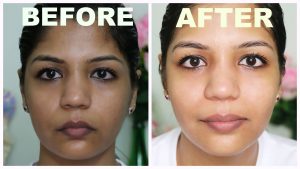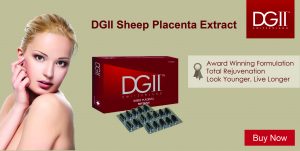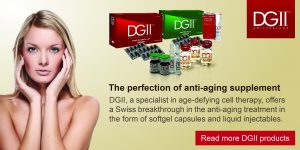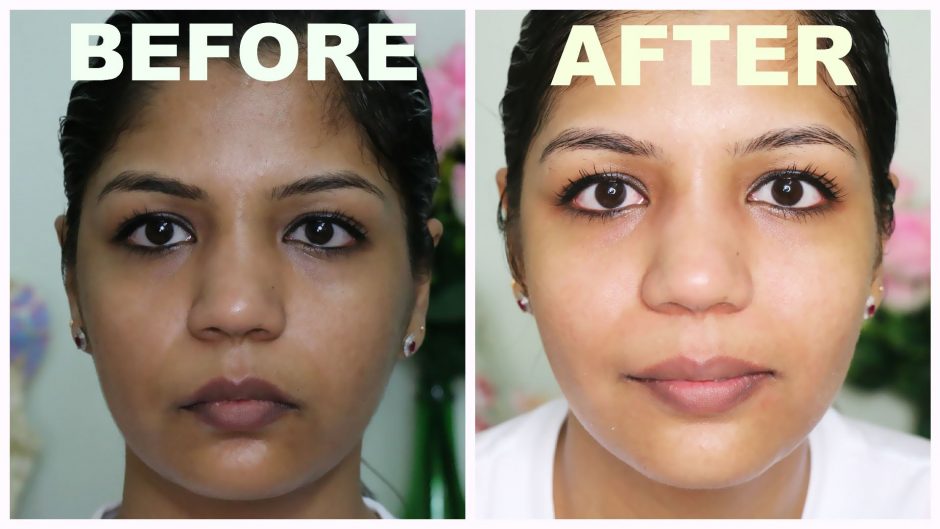
Here’s why these 8 ingredients are the best skin whitening ingredients ever
It’s hard to over-estimate the importance of taking care of your skin. It’s the body’s largest organ and is the first line of defence against infection and disease. So, if you notice splotches, dark spots, or any skin pigmentation issues, you definitely want to do what you can to prevent further damage. The good news, though, is that you can fix a lot of pigmentation problems yourself. This article will go over eight home remedies you can use to lighten your skin and eliminate any unsightly blemishes or dark spots.
*These statements have not been evaluated by the Food and Drug Administration. This product is not intended to diagnose, treat, cure or prevent any disease.
The Dangers of Skin-Whitening Treatments
Typically, hydroquinone and mercury have been the main ingredients used in skin-bleaching products. They work by inhibiting the production of melanin, the chemical that turns skin darker in the short term. However, recent research shows that in the long term these ingredients can be toxic. In fact, these ingredients can darken skin and cause premature aging if used for extended periods of time. Fortunately science has discovered a number of natural whitening ingredients that work just as well as the synthetic ones, without the harmful side effects. These natural ingredients work by:
1. absorbing harmful UV rays from the sun
2.inhibiting the production of melanin in the skin which causes the dark pigmentation
#1 – Citrus Extracts
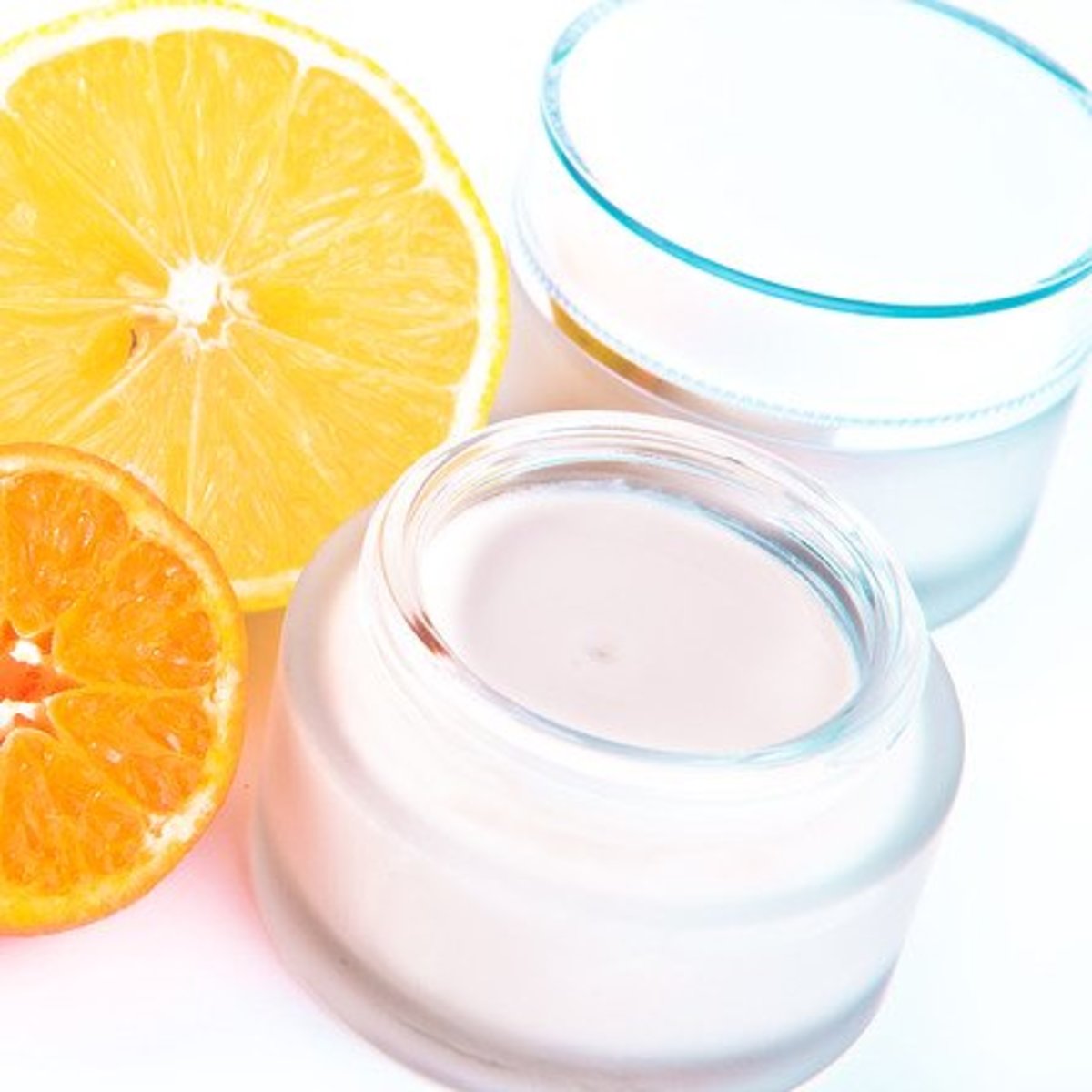
Lemon juice and orange peels are natural skin bleaching agents. They contain lots of vitamin C, which plays an important role in producing the collagen fibres that help support your skin and keep it firm. When applied topically, Vitamin C has been shown to slow down hyperactive melanocytes. These are the cells that produce melanin in the basal layers of the skin which causes the skin to “tan” or become darker.
#2 – Kojic Acid
A white crystalline powder derived from a fungus in Asia, kojic acid has long been used in Japan as a natural alternative to hydroquinine and is very effective at reducing skin discoloration. According to the American Academy of Dermatologists, kojic acid has been clinically shown to reduce hyper-pigmentation. It works by inhibiting the function of tyrosinase, the protein responsible for producing melanin. It also acts as an antioxidant and is suitable for sun damaged or sensitive skin.
#3 – Licorice Extract
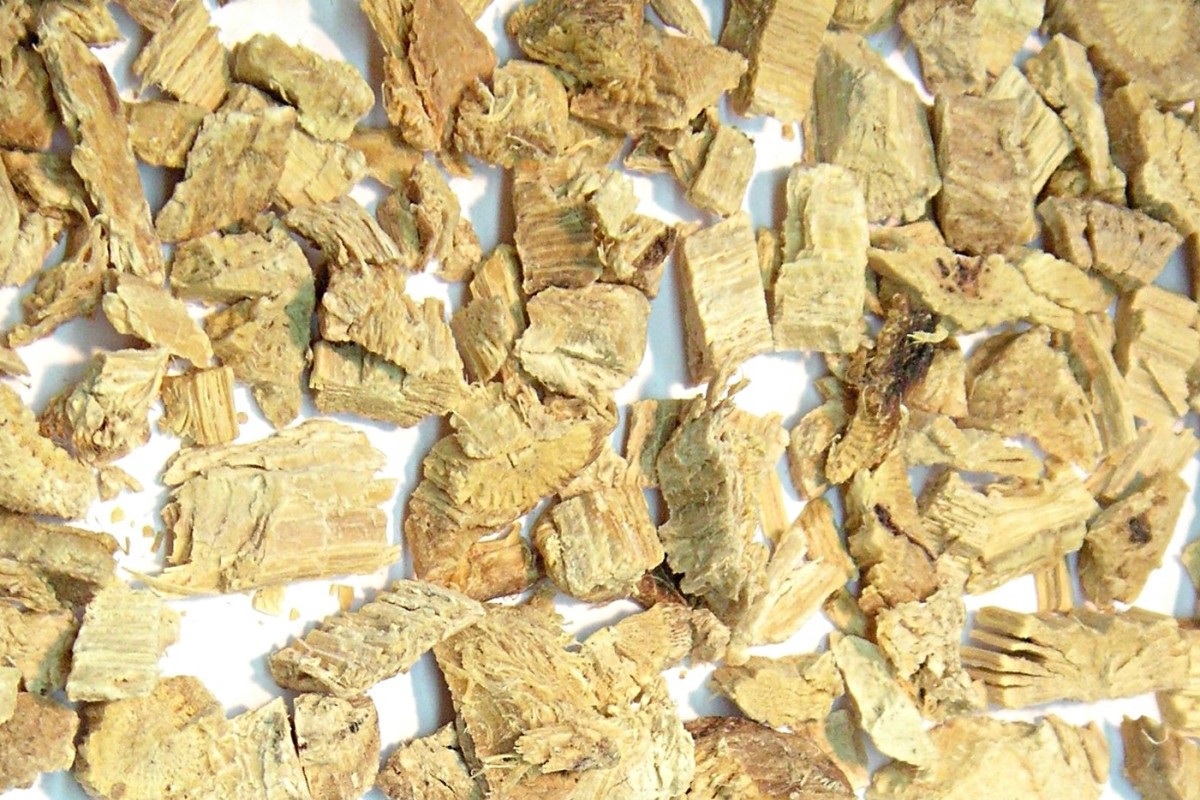
The juice derived from the roots of the licorice plant has long been used in Chinese medicine as a treatment for all kinds of skin ailments. In the early 1990s, Japanese scientists identified the compound glabridin in liquorice, which absorbs UVA and UVB rays and acts as a powerful and effective skin-whitening element.
A clinical study published in the Journal of Agricultural and Food Chemistry has shown that glabridin can inhibit the melanin-producing enzyme tyrosinase by as much as 50% – and without damaging skin cells! Licorice extract is effective in treating post inflammatory hyper-pigmentation (including dark spots), can also be used to reverse the damage caused by acne scars, and contains anti-inflammatory properties that help soothe the skin and reduce redness.
#4 – Bearberry Extract

This ingredient comes from the leaves of the plant rather than the fruit. Bearberry or beargrape is used as an astringent in many cosmetics and contains Alpha arbutin, which is known to lighten the skin fast.
Arbutin has been proven to effectively lighten freckles, dark spots, and other skin discolourations. A study conducted by the pharmaceutical company Pentapharm found that a 1% Alpha arbutin concentration, revealed arbutin to have a “skin lightening effect” even greater than the same concentrate of hydroquinone.
Bearberry extract is also useful because it contains sun protection filters that may help to reduce the amount of “tanning” experienced after sun exposure, thereby slowing or reversing signs of aging on the skin.
#5 – Phyllanthus Emblica (Indian Gooseberry)
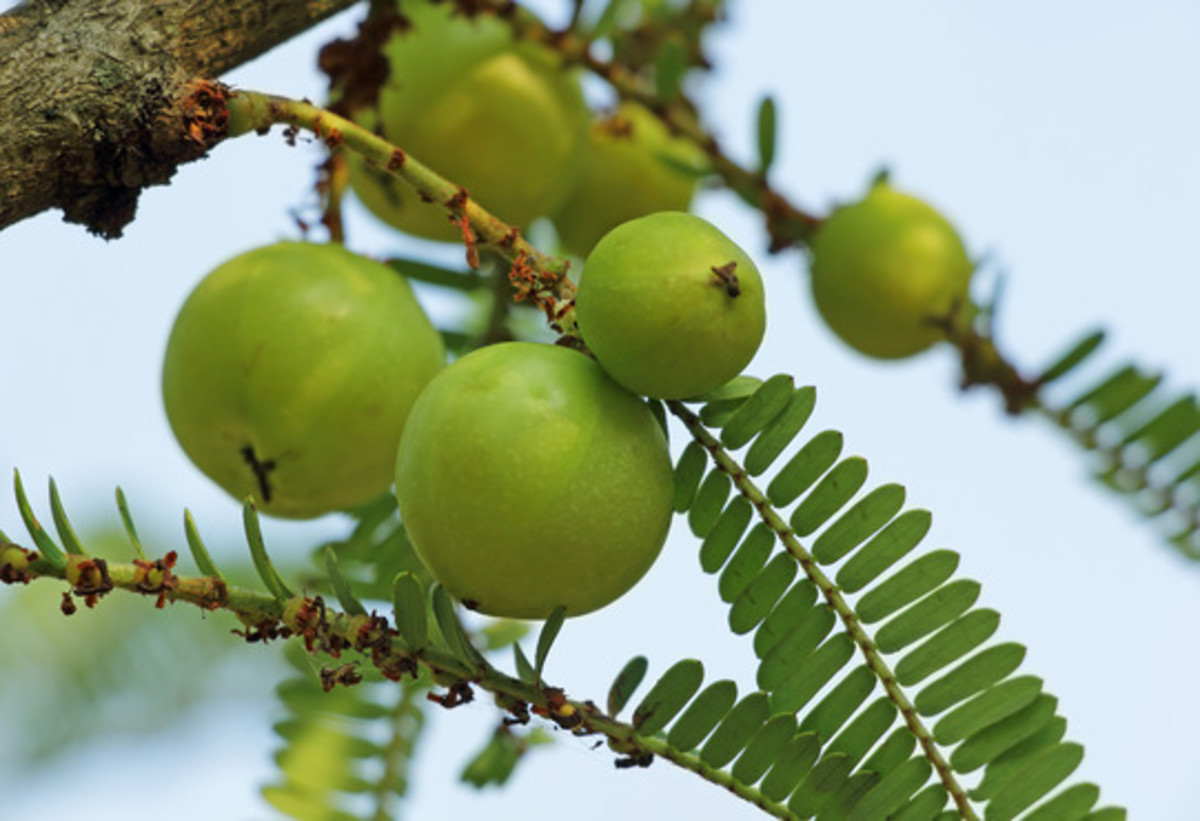
The extract from this plant contains antioxidants, has anti-microbial properties, and is rich with Vitamin C. Emblica extract protects the skin from sun damage and helps reduce hyperpigmentation.
A study on people from a variety of ethnic backgrounds conducted by Dr. Zoe Draelos, a clinical and research dermatologist, found that emblica contained powerful skin-lightening properties that were equivalent to, or better than, those achieved by conventional skin-lighteners like hydroquinine.
Emblica has been shown to protect the skin against oxidative stress, reduce wrinkles, regulate melanin production, and help the skin retain its natural moisture.
#6 – Gigawhite®
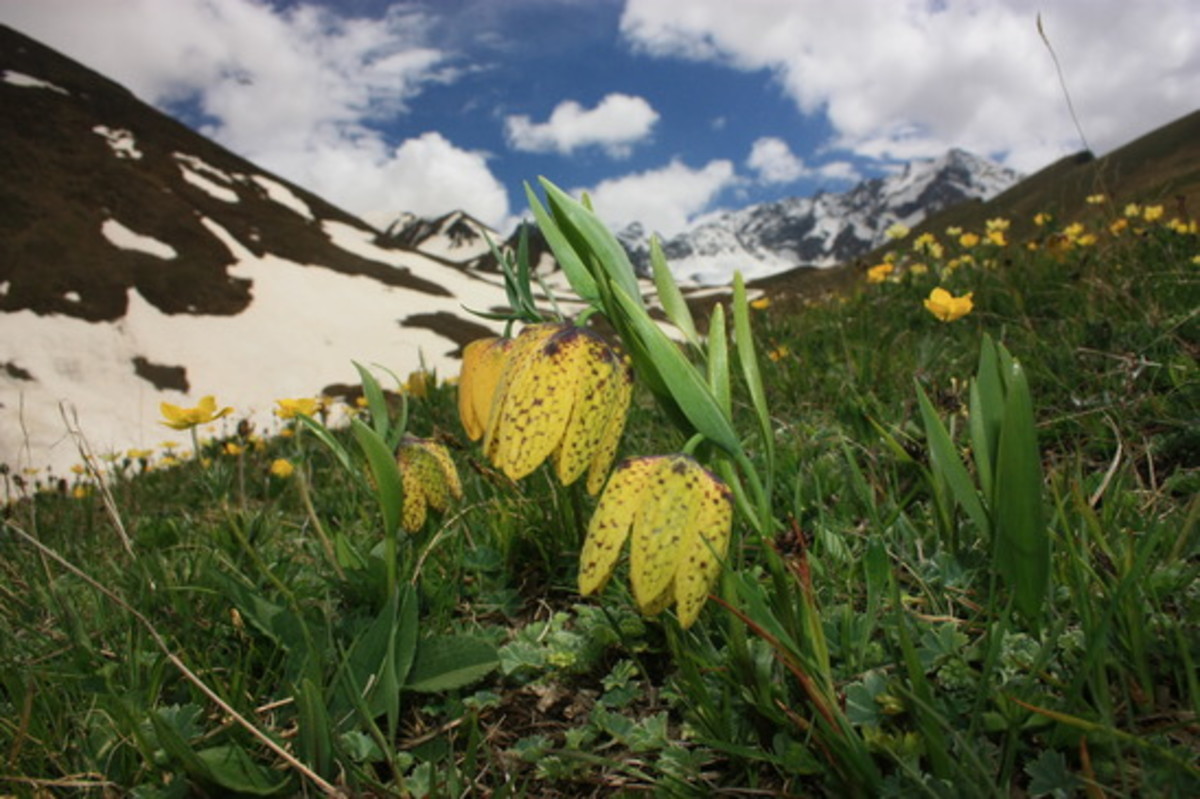
Gigawhite is a patented skin brightener that is effective in treating dark spots and melasma. It is derived from seven organically grown Swiss alpine plants, which include the peppermint plant, the common mallow and primula (cowslip).
Over one hundred Alpine plants were originally selected for their ability to inhibit tyrosinase (the enzyme responsible for melanin production). From those, the seven plants that exhibited the highest tyrosinase-inhibiting activity were used to create a natural skin-whitening agent, which is now widely used as an alternative to hydroquinine.
In clinical studies from pharmaceutical companies, Gigawhite was shown to markedly reduce the appearance of dark spots in Asian subjects aged 22-55. Over a 12-week period, the subjects tested showed a decrease of 24% in skin discoloration and an increase of 15.3% in skin lightening, with minimal to no skin irritation.
#7 – White Mulberry Extract
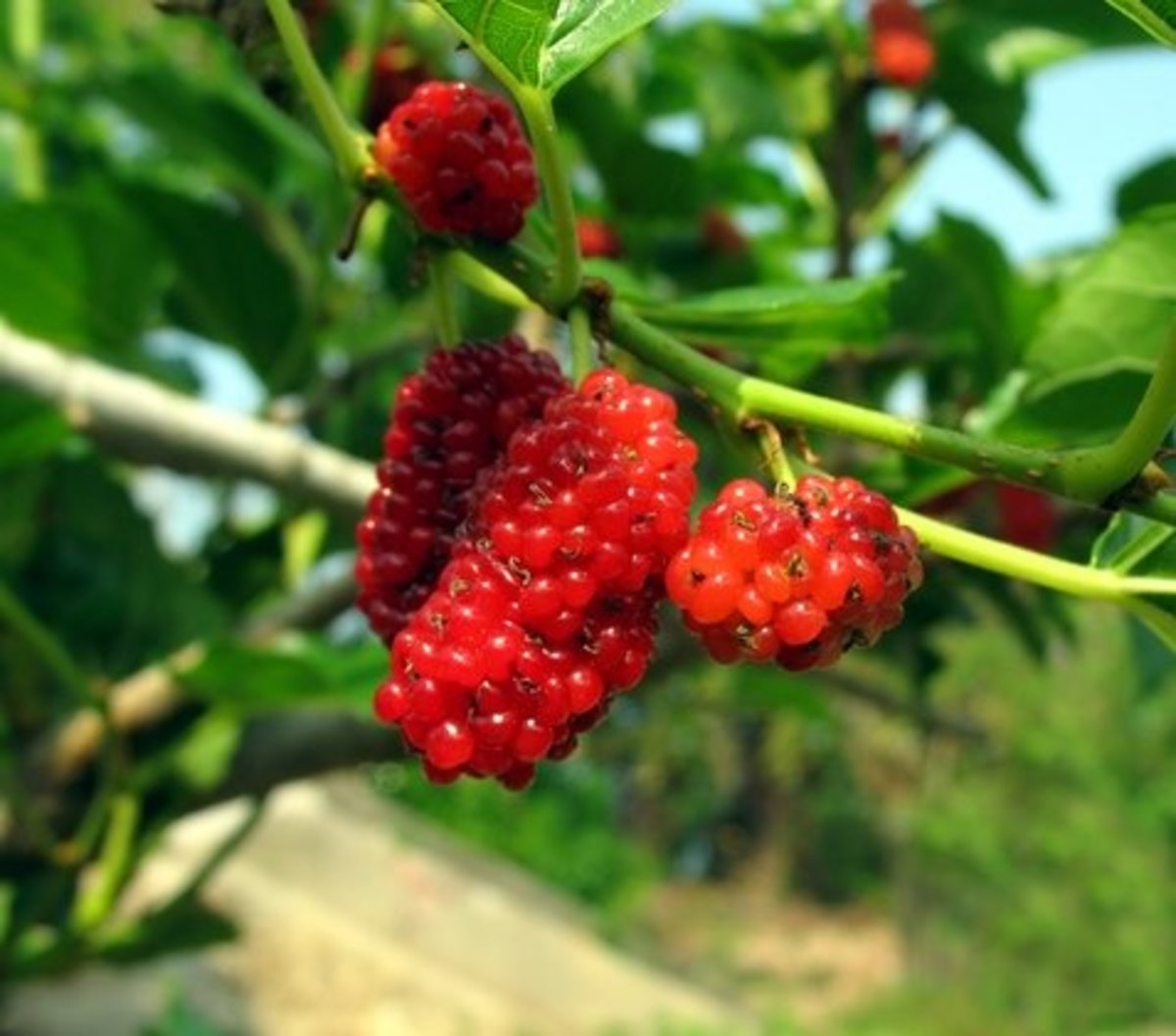
The white mulberry tree (Morus alba) is native to China and has been found to have many health benefits. In addition to preventing heart disease, cholesterol and diabetes, it can also help to whiten the skin.
White mulberry extract is a natural inhibitor of the enzyme tyrosinase. This enzyme triggers the production of melanin (brown pigment) in the skin.
According to the Journal of Drugs in Dermatology, clinical trials have established that white mulberry and paper mulberry are both effective skin-whitening agents and are suitable for dermatological use. The study found that a 0.4% concentration of mulberry extract reduced tyrosinase activity by 50%.
#8 – Vitamin B3 (Niacinamide)
Vitamin B3, or Niacinamide, has been shown to reduce the production of melanin (pigment) and acts as an effective skin-lightening agent when added to skin creams. When applied topically, vitamin B helps the skin to retain moisture, making it feel softer and smoother and reducing fine lines.
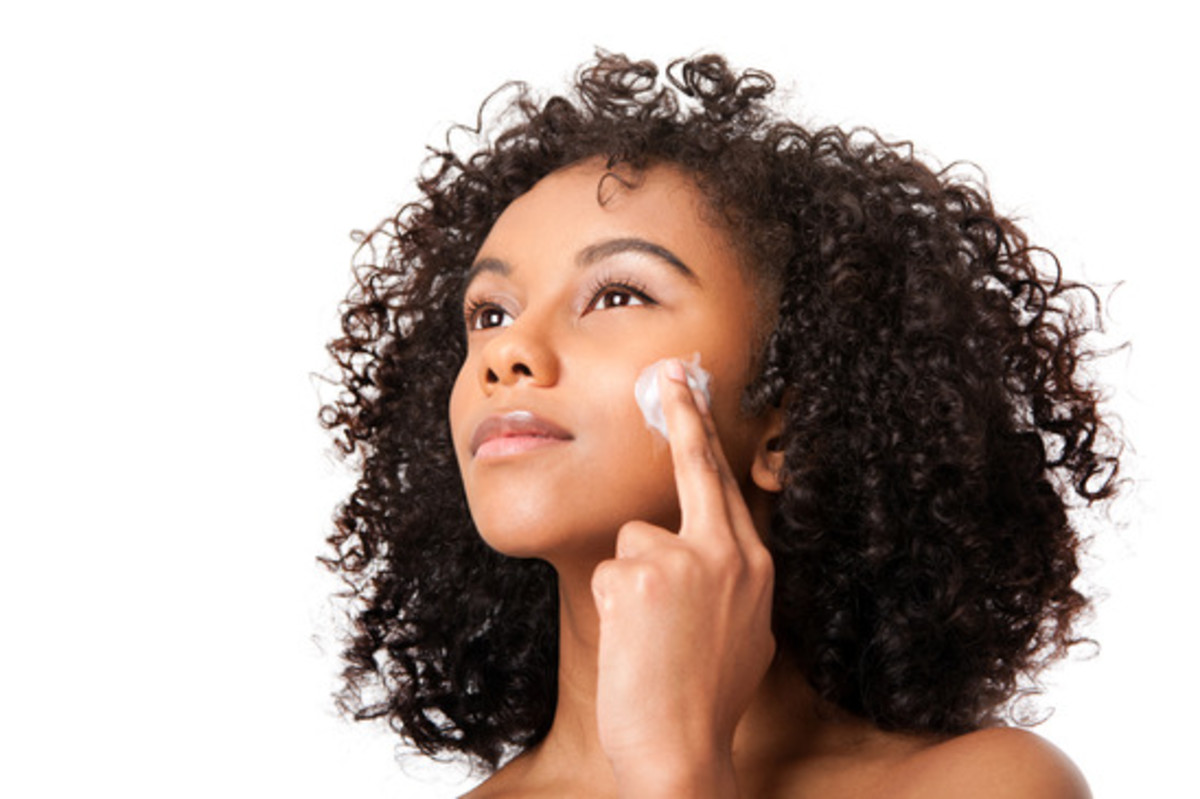
If you are looking to purchase a whitening capsules to lighten your skin colour or reduce the appearance of dark pigmentation, check first to see if it contains some of the ingredients listed here.
One product I can recommend is Phyto Placenta Softgel by DG2 Switzerland. It contains a large number of natural whiteners and my daughter used this to successfully treat areas of hyperpigmentation that were bothering her.
Be aware that products for skin lightening can be labelled as either “brighteners” or “whiteners.” Generally skin “brightening” products are designed to exfoliate your skin and may contain AHAs (alpha hydroxy acids) that will help to remove dead skin cells and some of the excess pigmentation that has accumulated. Your skin will appear fresh and “brighter” but the ingredients may not actually whiten the skin.
Whitening ingredients are sometimes added to these skin brighteners, but not always.
Most products sold online will allow you to see a full list of the ingredients so have a quick look before you buy.The choice of ingredients will, of course, depend on the results you are hoping to achieve.

